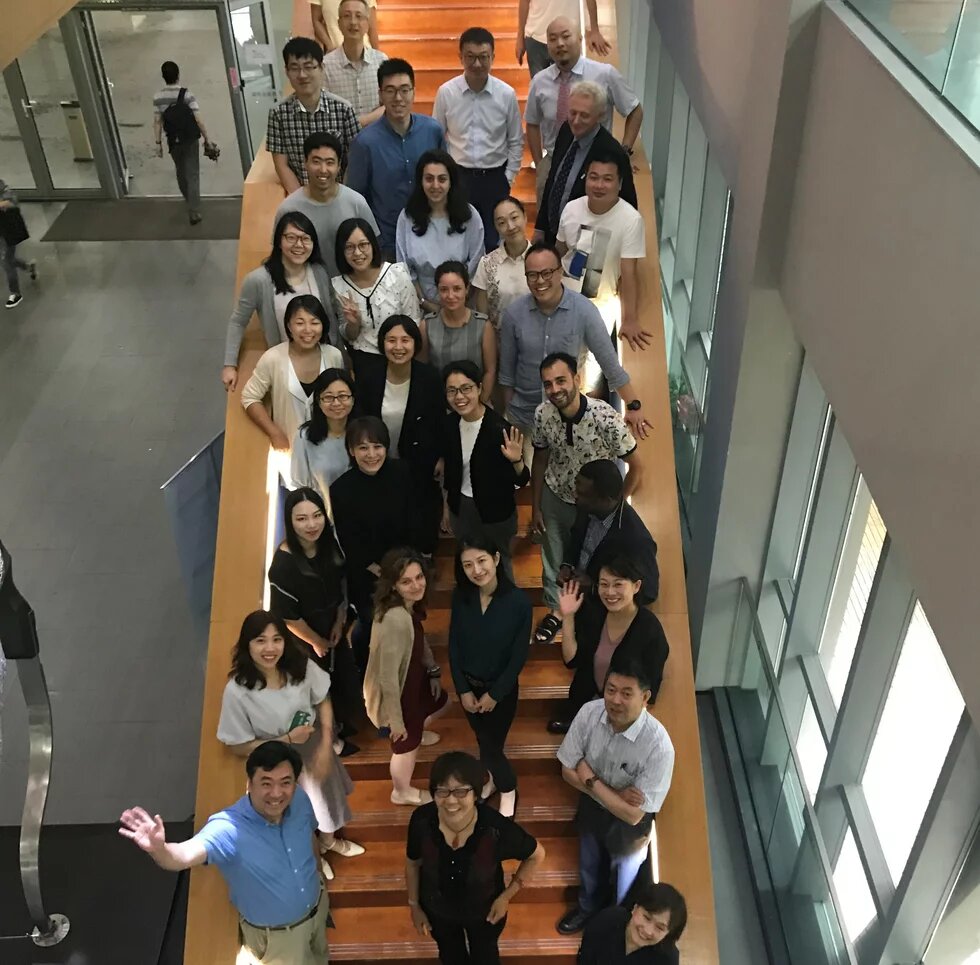
On July 9 of 2019, the Greenovation Hub (Ghub), in cooperation with the Heinrich Böll Stiftung Beijing Representative Office and Center for Polar and Deep Ocean Development of the Shanghai Jiaotong University held a Workshop on Biodiversity Conservation at the High Seas: the UNCLOS and CBD Perspectives. Around 50 people - experts, NGO and media representatives, and academics attended the workshop.
The workshop focused on the international negotiations on Biodiversity Conservation Beyond National Jurisdiction (BBNJ) and the forthcoming COP 15 of the Convention on Biological Diversity (CBD). Experts working on international maritime law, biodiversity conservation, deep seas and the arctic shared their research on the process of the international marine biodiversity conservation negotiations, areas-based management tools, marine genetic resources and China’s role in high seas protection.
The morning session focused on areas-based management tools in marine conservation. Ms. BAI Yunwen, the director of Ghub, highlighted that marine conservation is becoming a crucial topic in the international arena. Both the upcoming CBD COP 15 in Kunming and the fourth intergovernmental negotiation of BBNJ will emphasize marine conservation, marking the year 2020 a crucial year for ocean protection. Prof. XUE Guifang, director of the Center for Polar and Deep Ocean Development of the Shanghai Jiaotong University, Prof. Patrick Halpin from Duke University, Prof. WANG Guihua from Xiamen University, Mr. CHEN Jiliang from Ghub and Mr. Duncan Currie shared their knowledge on marine conservation, as well as the topics of BBNJ negotiation and different types of areas-based management tools.
The afternoon session focused on marine genetic resources and China’s role in global ocean governance. Prof. XUE Dayuan from Minzu University and Dr. LV Qi from Central China Normal University shared their observations and research on access to genetic resources and benefit sharing. Dr. WANG Jiayi from Zhejiang University mentioned that there are potential conflicts between the continental shelf regime and the management of genetic resources. He then made suggestions for possible solutions. Prof. SHI Yubing from Xiamen University shared his Personal interpretation of China’s position in BBNJ. Prof. YU Hongyuan from Shanghai Institutes for International Studies proposed that global climate governance could provide lessons for ocean protection.
Prof. XUE Guifang concluded the workshop with four points that should be considered: reducing contradictions; learning from practical experiences from other areas; interagency coordination; and interaction between scientific research and legislative policy.